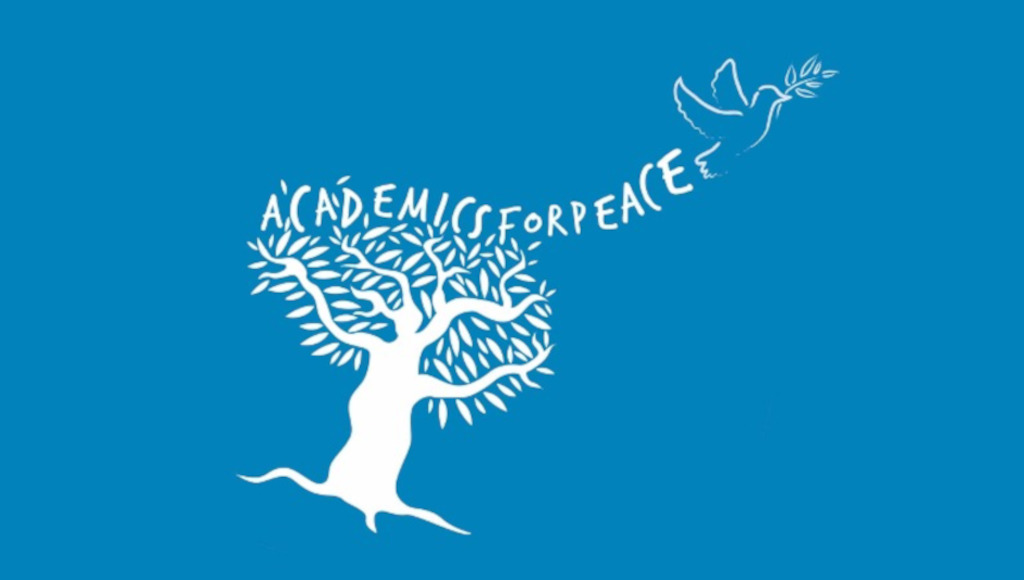An appeals commission in Turkey overseeing the summary dismissal of public servants in the aftermath of a 2016 coup attempt refused to reinstate four academics who were fired for signing a peace petition, the Stockholm Center for Freedom reported, citing the Gazete Duvar news website.
The State of Emergency Procedures Investigation Commission (OHAL Commission) refused to reinstate Dr. Nail Dertli, Dr. Ahsen Deniz Morva, Dr. Erhan Keleşoğlu and Dr. Hakan Ongan in its first ruling about the group of academics known as the “Academics for Peace.”
Many of the 1,128 Turkish academics who signed the petition calling on the Turkish government to halt military operations in the predominantly Kurdish southeastern region of the country in January 2016 were dismissed from their positions, sentenced to prison or faced overseas travel bans.
After the academics were targeted by Turkish President Recep Tayyip Erdoğan for having signed the petition, more academics decided to sign it in an act of solidarity, raising the total to over 2,000.
Turkey’s Constitutional Court had ruled in July 2019 that the right to freedom of expression of the Academics for Peace who were convicted of involvement in terrorist propaganda for signing the petition were violated.
The OHAL Commission had been criticized for not ruling on the cases of dismissed academics despite the top court’s decision.
The commission was established in January 2017 for appeals against measures taken by the Turkish government during a two-year state of emergency declared in the aftermath of an abortive putsch in July 2016.
Following the abortive putsch, the Turkish government declared a state of emergency and carried out a massive purge of state institutions under the pretext of an anti-coup fight. Over 130,000 public servants, including 4,156 judges and prosecutors, as well as 29,444 members of the armed forces, were summarily removed from their jobs for alleged membership in or relationships with “terrorist organizations” by emergency decree-laws subject to neither judicial nor parliamentary scrutiny.
The OHAL Commission was set up as an appeals body under pressure from the Council of Europe in order to relieve the European Court of Human Rights (ECtHR) of a huge workload emanating from tens of thousands of Turkish applicants who couldn’t take their cases to Turkish courts. According to critics, the commission’s role is simply to delay or prevent possible ECtHR decisions against Turkey. The commission is also accused of bias as it is led by former Justice Ministry deputy undersecretary Selahaddin Menteş, who had been openly supportive of President Erdoğan.
As of October 28, 2021 the commission had made decisions on 118,415 of a total of 126,758 applications. It ruled in favor of the applicants in only 15,050 of the cases.
In its Turkey 2020 report, the European Commission raised serious concerns about the ability of the OHAL Commission to provide an effective remedy against dismissals. The report criticized the lengthy review procedures and underlined that the applicants did not have a proper means of defense as the commission does not hold hearings. The European Commission also said the OHAL Commission did not have sufficiently individualized criteria to evaluate the applications.


